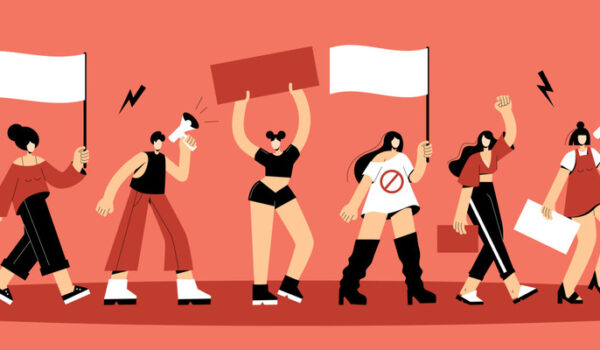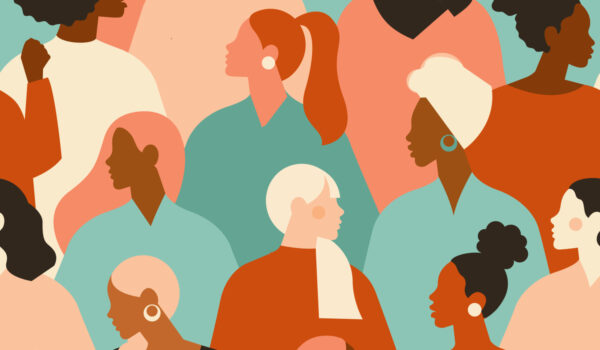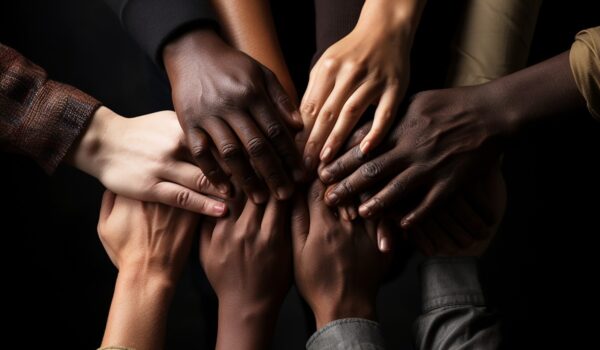Representation in media can be defined as the depiction of societal aspects such as race, gender, age, and social issues. Representation is essential in media as it broadens our perception of society and multiculturalism and it is important for members of diverse groups to see themselves in people of high fame and status.
While a lack of representation is very harmful and often discussed, another equally important issue when it comes to representation in media is misrepresentation. This occurs when a role in a movie or TV show involves stereotypical portrayals or tropes of a certain group of people. A stereotype is when assumptions are made about individuals based on their identities, and when different forms of media portray a stereotypical image of a community, it can be immensely harmful for members of that community to see, as they can internalize these false beliefs about their community and themselves. Misrepresentation can also cause or strengthen misconceptions which influences the public’s opinion of affected groups.
Tokenism and typecasting can also undermine true representation. Tokenism involves only including minority group members for appearances, while typecasting limits minority actors to stereotypical roles. Both practices should not be seen as true representation as they can be extremely demeaning.
Media can significantly influence children and teenagers, who watch these different TV shows and movies as they are growing and developing their thoughts, behaviors, and identities. Because of this, under-representation and misrepresentation can negatively impact the self-esteem of youth. This highlights the need for diverse and inclusive media representation, as it combats the harmful effects of negative portrayals of minorities.
A lack of representation in media has also caused people to struggle with seeing themselves within the beauty standards. For example, many black women have expressed that they felt pressured to relax or straighten their hair in order to conform to media-depicted beauty standards. There is also a noticeable lack of coming-of-age movies that star black girls and do not solely focus on race issues. Addressing racial issues in media is important, but there is also a large amount of excitement for stories that focus on diverse characters without emphasizing their racial identities and the challenges they face because of them.
Today, younger generations are passionate about inclusive representation and are not afraid to be vocal about wanting better portrayals of diverse characters in media. The entertainment industry, media creators, and society can all benefit greatly from heeding the calls of today’s youth and confronting their bias and stereotypes and actively committing to fostering inclusive environments. Greater inclusivity of under-represented communities can help achieve true representation that reflects and respects the diversity of our world.









Comments